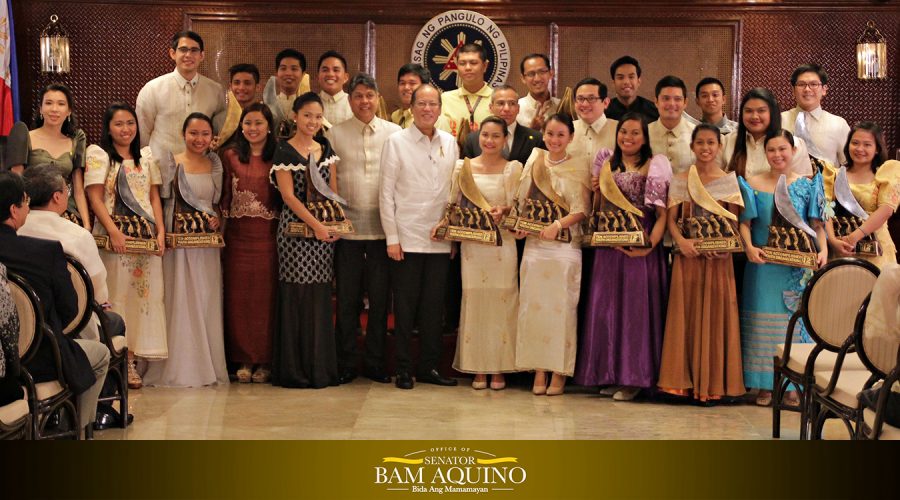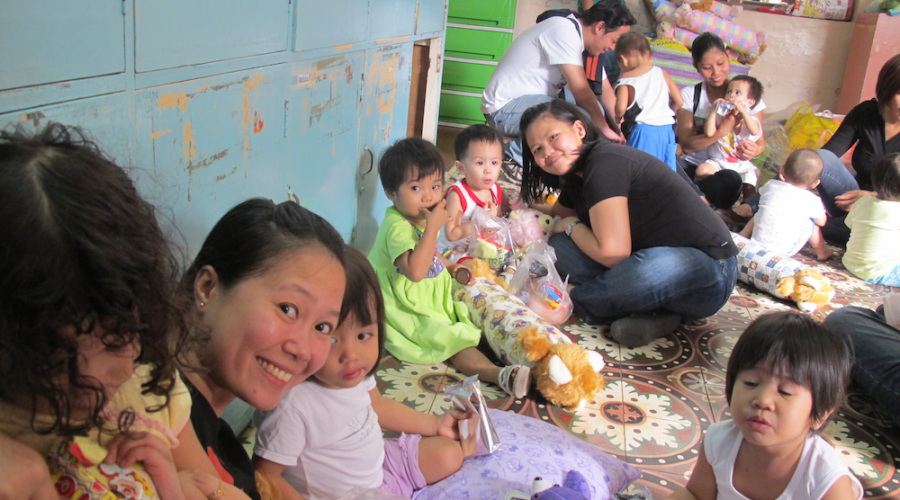Bam: Bamboo Industry Imperative to Country’s Growth
The country’s promising bamboo industry may lose its status as one of the world’s top exporters if it fails to meet the growing demand from local and international markets, a senator warned.
Based on the data from the Philippine Bamboo Foundation, Senator Bam Aquino revealed that only 52,000 hectares of land in the country is planted with bamboo, which is not enough to cover the increasing market demand.
“The local market demand for bamboo products is estimated at P11 billion while the current global market demand is $7 billion and it is expected to increase to $15 to $20 billion in 2017,” said Sen. Bam, chairman of the Senate Committee on Trade, Commerce and Entrepreneurship.
“The main challenge is to make supply sufficient for its continuous and growing demand so we can grab a lion’s share of the market,” the senator added.
In 2010, Sen. Bam said the Philippines was the fifth largest bamboo exporter in the world. From 2012-2014, the senator said P306.3 million worth of investments, P261.8 million sales and 13,103 jobs were generated by the country’s bamboo industry.
To keep the country’s status as one of the world’s top bamboo producers, Aquino has filed Senate Resolution No. 1203 seeking to conduct an inquiry on the status of the Philippine Bamboo Industry Development Roadmap.
Sen. Bam said the inquiry is aimed at aligning the country’s bamboo industry with the trade and environmental plans of the government, enabling it to fulfil demands from local and international markets.
“With no reliable inventory of available bamboos nationwide, there is an urgent need for a proper and timely coordination among relevant government agencies, non-government organizations, academe and business sector to determine a concrete industry roadmap,” the senator said.
The senator added that the country’s bamboo industry has a huge economic potential and it can be used to improve the lives of people in the countryside.
“The return on investment on bamboo is also lot faster since it can be frequently harvested, making it an attractive and sustainable community project even for small farmers,” Sen. Bam said.
In 2010, the Philippine Bamboo Industry Development Council (PBDIC), through Executive Order No. 879, was created to provide overall policy and program directions for all stakeholders.
Under EO 879, the government is tasked to reforest at least 500,000 hectares with bamboo as part of the one million hectares as designated areas as contribution to the ASEAN commitment of 20 million hectares of new forest by 2020.
“While the bamboo is planted to protect our environment, we also need to realize its economic potential as communities will have livelihood and job opportunities because of the growing demand,” Sen. Bam stressed.
The EO also directed the use of bamboo for at least 25 percent of the desk and other bamboo furniture requirements of public elementary and secondary schools, aside from prioritizing the use of bamboo in furniture fixtures and other construction requirements of government facilities.




Recent Comments